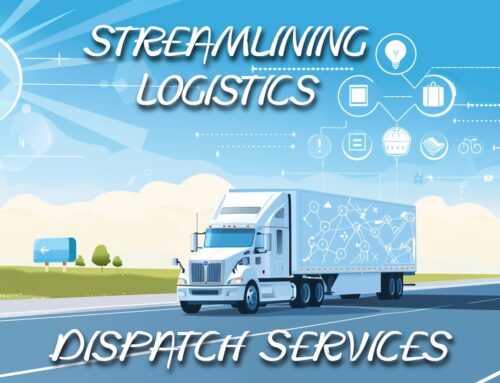Table of Contents
The fluctuating health of the US economy directly impacts the fortunes of individual trucking companies. Economic downturns can have a profound effect, potentially leading to decreased freight demand, lower rates, and increased competition. In 2024, understanding the potential for a recession and its implications is crucial for informed decision-making within a trucking company.
While some experts believe the economy will experience a “soft landing” or even avoid a recession altogether, others paint a more concerning picture. Economist David Rosenberg, for example, claims there is an 85% chance of a recession occurring in 2024. This prediction is based on a unique economic model he calls the “full model,” which analyzes various factors that influence economic health.
What Factors Does the “Full Model” Consider?
The full model takes into account four key indicators:
- Financial conditions: This refers to the overall health and availability of credit in the economy. A tightening of credit conditions can make it more difficult for businesses to borrow money and invest, potentially slowing economic growth. Consider the Federal Reserve’s recent rate hikes, which aim to combat inflation but can also inadvertently restrict access to credit.
- Debt levels: High levels of debt, both public and private, can act as a drag on the economy. When individuals and businesses are struggling to service their debts, they have less money to spend and invest, which can hinder economic activity. The International Monetary Fund (IMF) estimates that global debt reached a record high of $328 trillion in 2022, representing 263% of global GDP. This unprecedented level of indebtedness poses a significant risk to economic stability.
- Foreign term spreads: This refers to the difference between interest rates on US Treasuries and similar bonds issued by foreign governments. A narrowing of the spread can indicate that investors are losing confidence in the US economy, which can lead to capital flight and put downward pressure on economic growth. In recent months, the foreign term spread has narrowed significantly, raising concerns about potential capital outflows from the US.
- The yield curve: This refers to the relationship between interest rates and the maturities of different types of bonds. An inverted yield curve, where short-term rates are higher than long-term rates, is often seen as a predictor of recession. While the yield curve has not inverted yet, it has flattened considerably, which some interpret as a warning sign.
Why Is the “Full Model” Considered Superior?
Rosenberg argues that the full model has a better track record of predicting recessions than traditional indicators like the yield curve. He points out that the model accurately predicted the “soft landing” of 2023, while the yield curve suggested a higher chance of recession at the time. While the full model’s historical performance is promising, it’s important to remember that no economic model is perfect, and unforeseen events can always disrupt even the most sophisticated forecasts.
What Are the Implications for Trucking Companies?
 If a recession does materialize in 2024, it could have a significant impact on the trucking industry. Here are some potential consequences:
If a recession does materialize in 2024, it could have a significant impact on the trucking industry. Here are some potential consequences:
- Decreased freight demand: Businesses may cut back on spending during a recession, leading to a decrease in demand for goods and, consequently, a decline in freight volumes. This could put downward pressure on rates and make it more difficult for trucking companies to find profitable loads.
- Increased competition: As demand shrinks, trucking companies may be forced to compete more aggressively for a smaller pool of loads. This could lead to lower rates and tighter margins for all carriers.
- Access to credit: A tightening of credit conditions could make it more difficult for trucking companies to secure financing for new equipment, repairs, or expansion plans. This could limit their ability to compete effectively and adapt to changing market conditions.
- Fuel prices: While fuel prices have stabilized somewhat in recent months, they remain volatile and could rise again in response to global events or economic disruptions. This could significantly impact trucking companies’ operating costs and profitability.
How Can AFT Dispatch Help?
At AFT Dispatch, we understand the challenges that trucking companies face in a volatile economic climate. Our experienced dispatchers can help you find high-paying loads, negotiate the best rates, and optimize your routes to save time and money.
By partnering with AFT Dispatch, you can gain access to the tools and resources you need to weather any economic storm and come out stronger on the other side. Contact us today to learn more about how we can help your trucking business thrive.
Ready to get started? Fill out our short form today to learn more about how AFT Dispatch can help you save money and maximize your profits.
We also encourage you to check out our vast library of free educational trucking videos, packed with tips and insights to help you succeed in the industry. Remember, you’re never alone on the road with AFT Dispatch by your side.
Call us at (801) 448-6363 or visit our website to learn more.






Leave A Comment